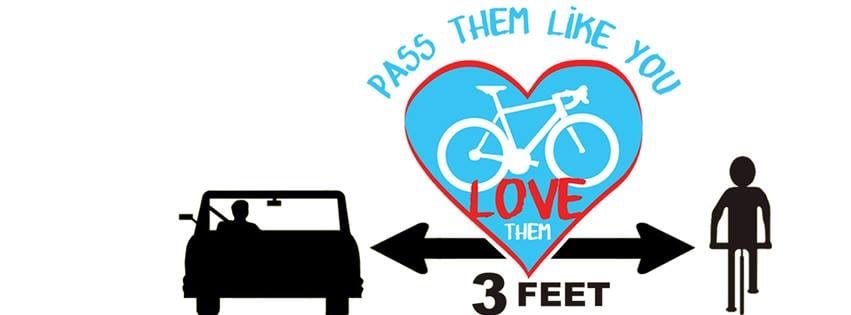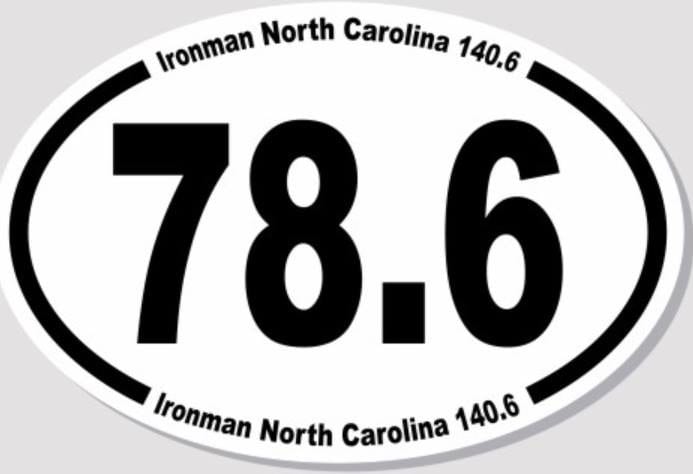At great risk of being overdramatic, my ride from Denver to Phoenixville, Pennsylvania gave me a chance to think about how our approach to cycling hills can be so much like our approach to other issues in life. Let me explain.
The Hill
At the map meeting for our Memorial Day ride, the cue sheet stated that there would be a 1.2 mile climb at an 8-10% grade. For those of you who don’t bike, such a ride would look a lot like a wall with no top in sight.
As I consistently do in “real” life, I started worrying and planning how to deal with the problem. First, I concluded I would have to walk this hill. Second, I informed my daily riding partner that I wouldn’t be riding with her. She is a much stronger rider than me, and constantly holds herself back to ride at my slower pace. I knew I’d have to walk the hill, and she’d be waiting an eternity. I wasn’t going to subject her to that! Finally, I decided it would be a good idea to ride slow at the back of all the riders. That way I’d reserve energy and might not have to face the indignity of being passed by everyone as they biked up a hill I was walking.
Having resolved myself to all this, I tried to relax. But the HILL was just under the surface of my thoughts. When I woke up, the HILL was the first thing that popped into my mind.
The Ride
I started the ride and took it easy, but most everyone else was taking it easier. I stopped and took pics along the way, and tried to focus on the beauty of the day and the landscape. We faced a couple of climbs that were really hard. On one, my heart was pounding so hard, I was counting the feet until I crested the hill. I really feared I’d flip over on my back, the front wheel was so light on the road!
Soon enough, about mile 19, I was at the bottom of the HILL. I stopped, had a snack and a bit of sports drink. I was still ahead of most of the group, so I figured I was better off going ahead and getting it over with. At the start, the HILL didn’t look so bad, so I decided I would start up the HILL and get off when it got too hard. It got hard pretty fast. I was quickly in my easiest gear, and panting like mad. I could see the incline dropped a bit ahead, so I held on. The closer I got to the top by riding, the less time walking.
Lo and behold, the hill was not the HILL, it was only a hill. As it leveled out, I wondered if I screwed up and took the wrong road. But soon enough, I saw the SAG car and knew I had made it. Without walking. Shortly, the main group showed up, and off we rode.
My legs were pretty fatigued, and many lesser hills through the remainder of the ride seemed irrationally hard and slow. But it was a beautiful day and we took it slow and enjoyed. It was a glorious day to ride!
So how did my approach to the HILL represent much in life?
We Give Obstacles More Power Than they Deserve
Look, I’m pretty sure given where I am today and with the bike gearing I have, I cannot climb a 1.2 mile 8-10% grade. SO WHAT? Why give that obstacle such power and negativity?
I look back on how often I’ve done the same thing with other obstacles in life – will I make partner? Will I get the job I think I want? How will I deal with retirement? Will I finish my ironman under the race cut off time? Yes, it sucks for a while if we don’t get what we want, but more often, we find that the alternative is pretty good – maybe even better.
Small Things Bug Us Too Much
Just like the less steep hills that followed the HILL that was only a hill, we sometimes deal with the big issues, only to find we struggle with the little things.
Research shows our “psychological” immune system – our mechanisms that help us get over losses and pain, kick in when we suffer big losses. We thought losing our job would be the worst thing in the world, only to find we get over it and find we end up in better place. Part of that is our mind helping us frame these events to reduce our suffering.
Research also shows that if the pain or suffering is small – day to day annoyances, for example, these mechanisms don’t kick in. So we find these drag us down more than seems proportional. Understanding the way we “tic” can help us to accept how we feel about these small things.
We Won’t Finish if we Don’t Start
Often, the hardest thing is to start. Before we do something we’ve never done, it is easy to think of all the reasons we cannot succeed. And the obstacles loom larger and larger. But if we just start, we often find the obstacles don’t materialize, or we develop solutions we didn’t originally contemplate.
One thing is absolutely certain – if we don’t start, we won’t finish.
Relax and Enjoy the Journey
Whether I walked, cycling or crawled the HILL, it was a beautiful day and lovely scenery. When the HILL popped into my mind, I tried to recognize the thought as just that, and move on. I’ll admit, that was a lot easier when I was up and over the HILL.
Do any of you give obstacles too much power? How have you dealt with these obstacles?





No Comments